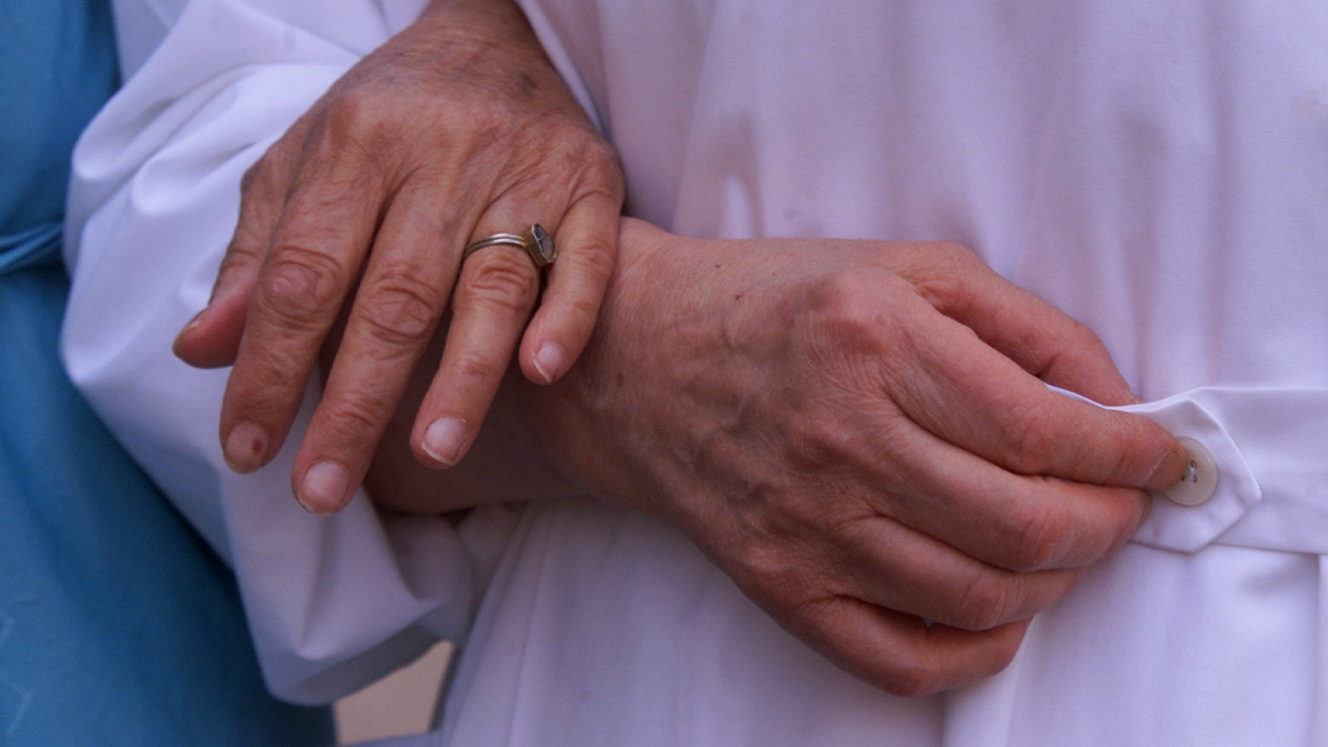In a world where strength, efficiency, and boundless energy seem to be the ideals to aspire to, human fragility remains an inescapable truth. It is a condition that unites us all but becomes more evident and laden with meaning when experienced by a global figure like the Pope.
The news of the deterioration of his health, at a time when millions of faithful and pilgrims are gathering to participate in the Jubilee, carries a message that goes beyond mere medical updates: fragility is not a weakness, but an essential component of the human experience. And in this fragility, the value of care emerges with force.
When Fragility Becomes a Universal Message
The Pope is often seen as an unwavering spiritual guide, a symbol of moral strength and charisma. Yet, when illness and vulnerability manifest, even such a towering figure is revealed for what he truly is: a human being. And it is precisely this image, far from idealization, that becomes extraordinarily powerful.
The Pope’s fragility becomes a mirror of our own. Suffering, illness, and physical limitations remind us that no one is immune to the human condition, not even those who spiritually guide millions. It is in this awareness that there is space for a deeper reflection on the value of care, understood not only as medical practice but also as attention, listening, and support.
The Value of Care: A Universal Ethic
The Jubilee, by tradition, is a time for reflection, reconciliation, and renewal. This year, the theme of care inevitably intertwines with the health of the Pope. Care, in fact, is not just a therapeutic gesture; it is an act of mutual responsibility.
Care is presence. It is the outstretched hand that accompanies those who suffer, the ability to stop and listen, the willingness to take responsibility for those who are more fragile. It is a gesture that transcends the medical dimension to become care of the soul, of relationships, and of the community.
Pope Francis has often spoken of a "field hospital Church", capable of healing the wounds of humanity. Today, his own health condition reminds us that even those who heal need to be cared for, and that fragility, far from being a limit, can become an opportunity to build more authentic relationships.
Fragility and Care on the Path of the Jubilee
The Jubilee represents an invitation to inner renewal, but also to the assumption of responsibility toward others. In the face of the Pope’s fragility, the global community is called to reflect on its own way of living care:
- Self-care, through prevention, health, and well-being.
- Care for others, by paying attention to the most vulnerable and supporting those facing illness or crises.
- Care for the community, by building societies that are more solidary and attentive to collective needs.
This reflection takes on an even deeper meaning within the context of the Jubilee, an event that brings together people of all ages, cultures, and conditions, all united by the desire for renewal and hope.
The Strength of Fragility: A Message of Hope
The Pope’s fragility is not a sign of weakness. On the contrary, it represents a testimony of authentic humanity. In an era where vulnerability is often hidden or feared, his condition invites us to reassess what truly matters.
There is strength in fragility when it becomes an opportunity to recognize our own limits and accept the support of others. There is power in care when it transforms into an act of unconditional love and mutual attention.
The Pope’s health, therefore, is not merely a private or institutional matter. It is a topic that involves everyone, a call to individual and collective responsibility. It is an invitation to experience the Jubilee not only as a religious event but as a journey of humanization, where fragility and care intertwine to build more conscious and compassionate communities.
Caring to Renew Ourselves
At a time when global attention is focused on the Pope's health, “Giubileo in Salute” offers a reflection:
How can we transform fragility into an opportunity for growth? How can we learn to take care of ourselves and others more deeply and authentically?
The Jubilee reminds us that rebirth also comes from the acceptance of our humanity, with its limits and fragilities. And that care, understood as an act of love, listening, and presence, is the key to building a more just and compassionate world.
Ultimately, in the medicine of the body and the soul, fragility is the threshold that leads us to awareness, and care is the path that allows us to cross it together.





